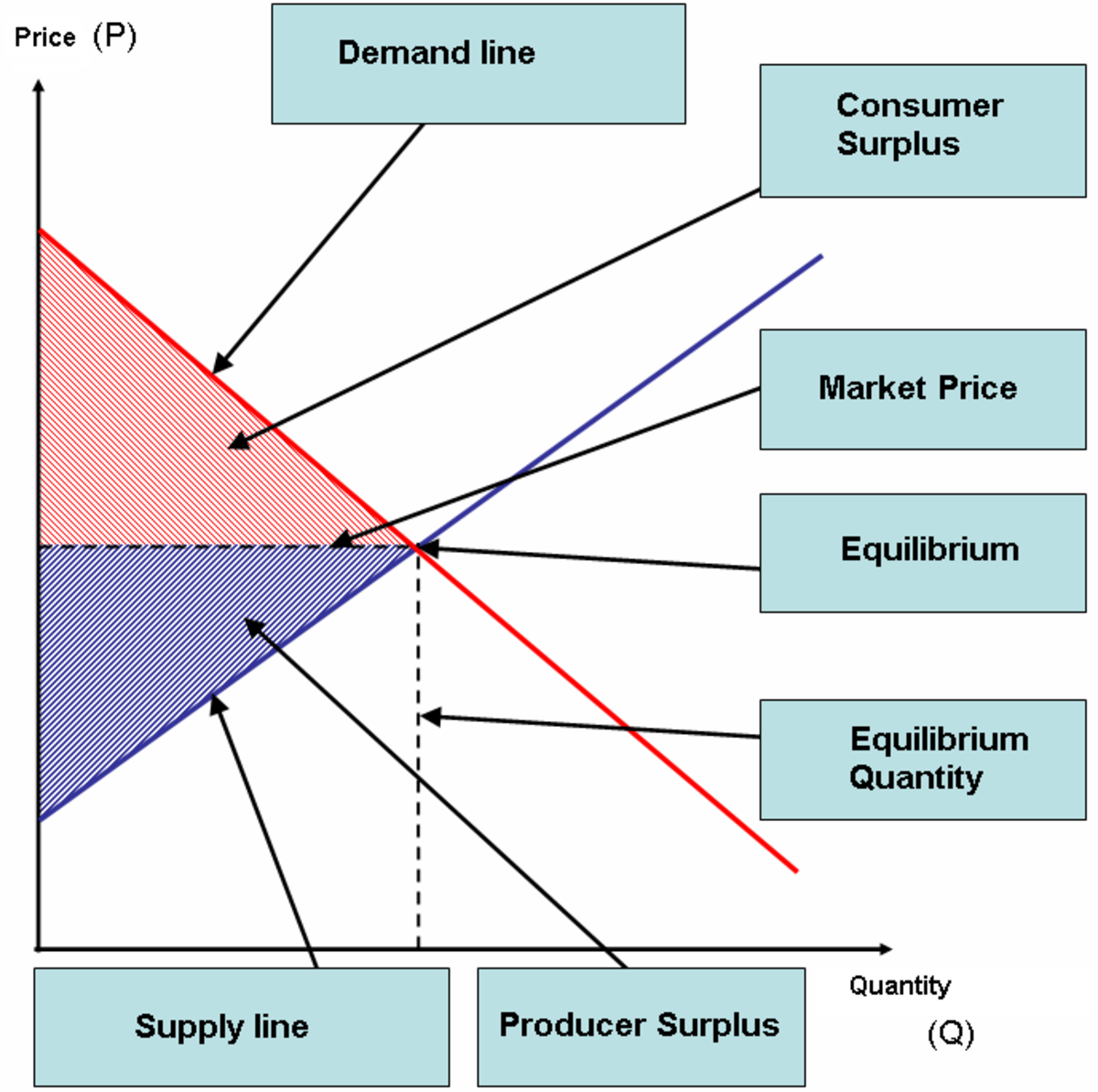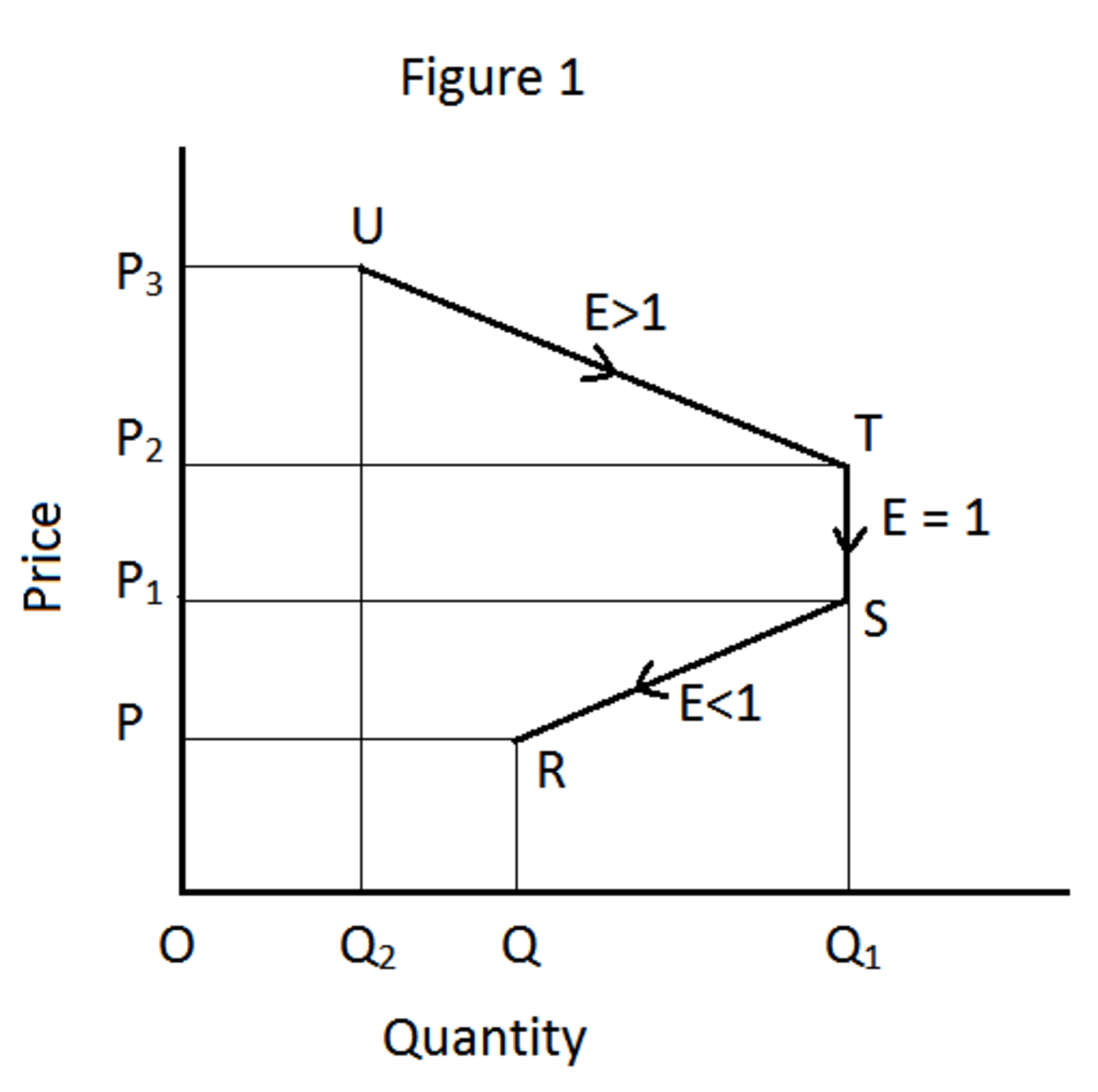What is Capital Formation?

Meaning of Capital Formation
Suppose your monthly income is $2,000. You spend $1,000 and put the remaining $1,000 into savings or into a long-term investment such as building a house. In this case, $1,000 that you save or invest is known as capital formation. This is a simple example for capital formation, which explains the case of an individual.
Now let us consider an entrepreneur. An entrepreneur produces potato chips on a very small scale at his home. He sells the potato chips in the market and earns money. Instead of spending all his earnings, he invests some of the money into his business for expansion purpose. He may buy new machines, he may introduce new products and he may buy a vehicle to deliver the goods. All these investments are known as capital formation.
For a nation, capital refers to a wide range of fixed assets such as ports, roads, railways, electricity, dams and so on. Therefore, money spend on these projects in a particular year is known as capital formation.
How can we define capital formation in general? Capital formation means amount of money added to enhance the existing capital in a year. However, a successful capital formation requires a systematic, diligent and disciplinary approach. If an individual is not careful in his spending, he cannot save money. If an entrepreneur does not take wise decision, he cannot expand his business. If a nation has no proper planning, it cannot carryout projects for growth.
Now let a look at the case of a nation. How does a nation achieve capital formation? Capital formation in a country involves three crucial steps. They are the following:
- Creation of savings
- Mobilization of savings
- Investment
Firstly, the country has to encourage its people to save money. Generally, attractive at the same time feasible interest rates and government bonds that offer tax exemption play a vital role in creating a savings habit among people. Once people are ready to save money, the second task is to mobilize the savings through proper channels such as banks, post offices, government treasuries and so on. It is government’s responsibility to establish a convenient method to deposit money for the people. Thirdly, accumulated money through savings should be invested with proper planning (capital formation). Hence, capital formation in a country has three distinct stages.
Creation of Savings
Among the three stages, the first stage i.e., creation of savings is the most challenging task. The reason is that there are various factors governing the savings habits of the people. Amount of money a society saves depends upon two important factors: (i) the ability to save and (ii) the willingness to save.
The Ability to Save
The ability to save is an important factor in determining the level of capital accumulation. If the people of a country do not have money to save, there is no possibility of capital formation. There are various factors determine the ability to save of the people. They are the following:
Income level: There is a positive relationship between income and savings. If the income on an individual is high, his savings are also high and vice versa. Therefore, income level plays a vital role in determining the amount of savings. A country with majority of poor people may not be able to carry out capital formation successfully if no action is taken to alleviate poverty.
Income distribution: It is observed that rich people save more than the poor people do. The reason is that the poor people spend substantial amount of income on food alone. Therefore, unequal distribution of income rather helps to increase the overall savings level. However, the unequal distribution of income certainly affects the overall welfare of the society negatively.
Taxation: Both direct taxes and indirect taxes affect the ability to save. If the direct taxes are too high, money left in the hands of rich people may not be enough to save given the luxurious life they lead. If indirect taxes are too high, it may affect the capacity of the poor people to save. Hence, government should take extra care while imposing taxes.
The Willingness to Save
The following factors determine the willingness of the people to save:
Characteristics of a person: Characteristics of a person play a vital role in determining the willingness to save. For instance, a prudent person takes a wise decision to save for the future, a person with lot of family affection saves for his family, a person with miserly nature saves money a lot, a person who has desire for social prestige saves money to become rich and a person with business motive saves money to become an entrepreneur.
External situations: An atmosphere that promises a prosperous future induces people to save money. A situation of civil war or substantial political turmoil makes the people indifferent towards savings. In such abnormal situations, savings level tends to be low.
Inflation: If the inflation rate is very high and the rate of interest for savings is not enough to cope with the high inflation rate, the willingness of the people to save diminishes. In such situations, people tend to invest on other products such as land and gold.
Rate of interest: This is a very important factor in determining the willingness to save. If the rate of interest is attractive, people tend to save more money and vice versa.
© 2012 Sundaram Ponnusamy








